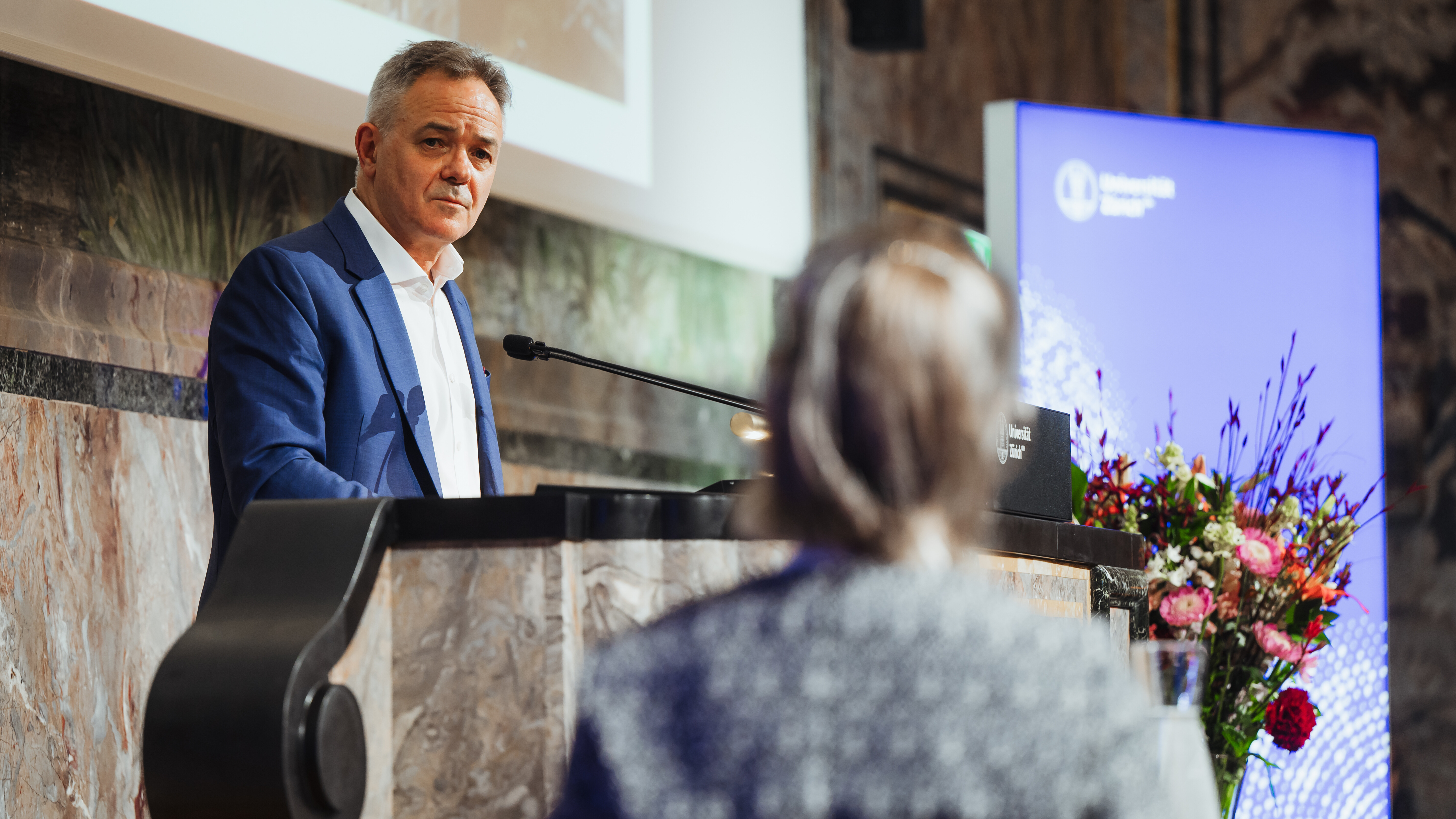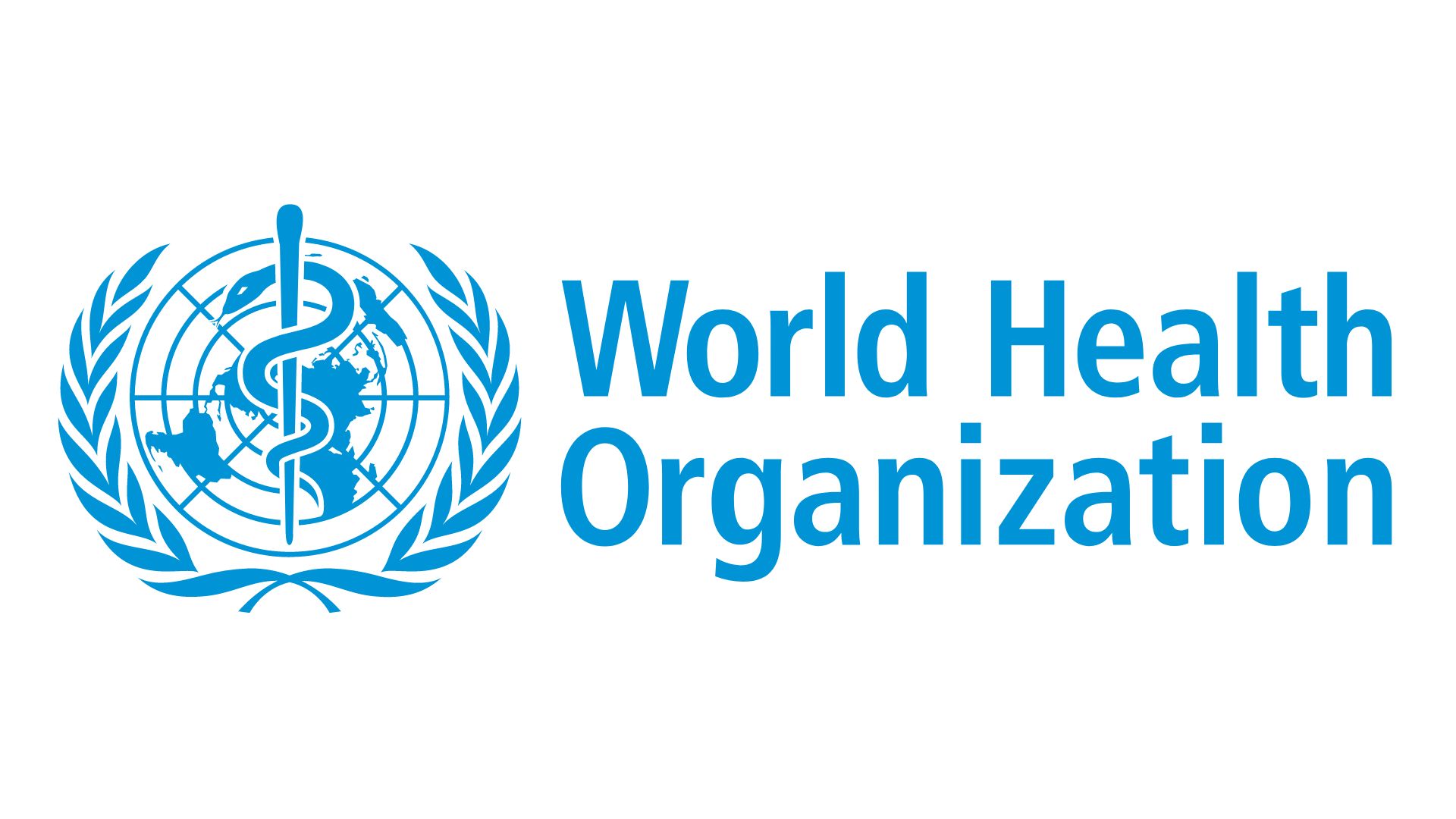WHO's Chief Scientist Addresses Global Health Challenges at UZH
UZH maintains close ties with the World Health Organization. In a speech at UZH, the WHO’s chief scientist Sir Jeremy Farrar appealed for more social cohesion. For Farrar, universities have an important role to play here.
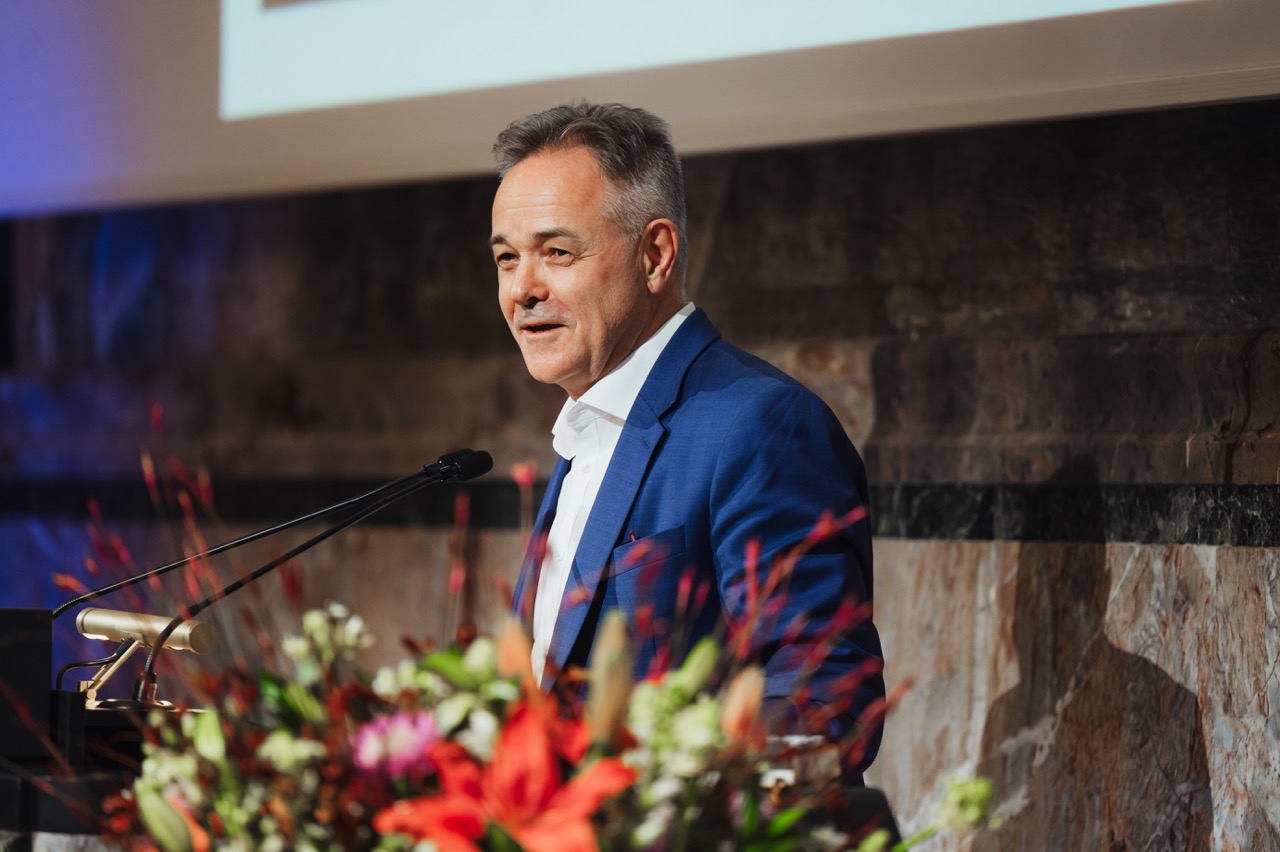.jpeg)
Climate change, wars, demographic shifts: “I’ve never known another time in my career when the world feels so uncertain,” said Sir Jeremy Farrar in his presentation last Friday at UZH. This is even though the chief scientist of the World Health Organization (WHO) has certainly seen his fair share of challenges and suffering in the world during his 62 years on the planet. Before joining the WHO, he was director of clinical research at a hospital for tropical diseases in Vietnam for 17 years, among other roles. Today he heads up the WHO’s Science Division, which aims to take a leading role in harnessing science and innovation to boost global health.
In his presentation, Farrar cast his net wide to include societal change as a factor influencing global health. Here, he was careful to stress, that he was sharing his personal views and not representing an official WHO position. “We are at a tipping point,” said Farrar. “The choices we make as a society in the coming weeks, months, and years will set the trajectory of the world in the 21st century.” The choices he referred to relate not only to the aforementioned crises and challenges but also especially to the rapid pace of technological development. For example, the idea that internet content may be primarily driven by artificial intelligence in the future is a worrying thought.
Simultaneously global and local
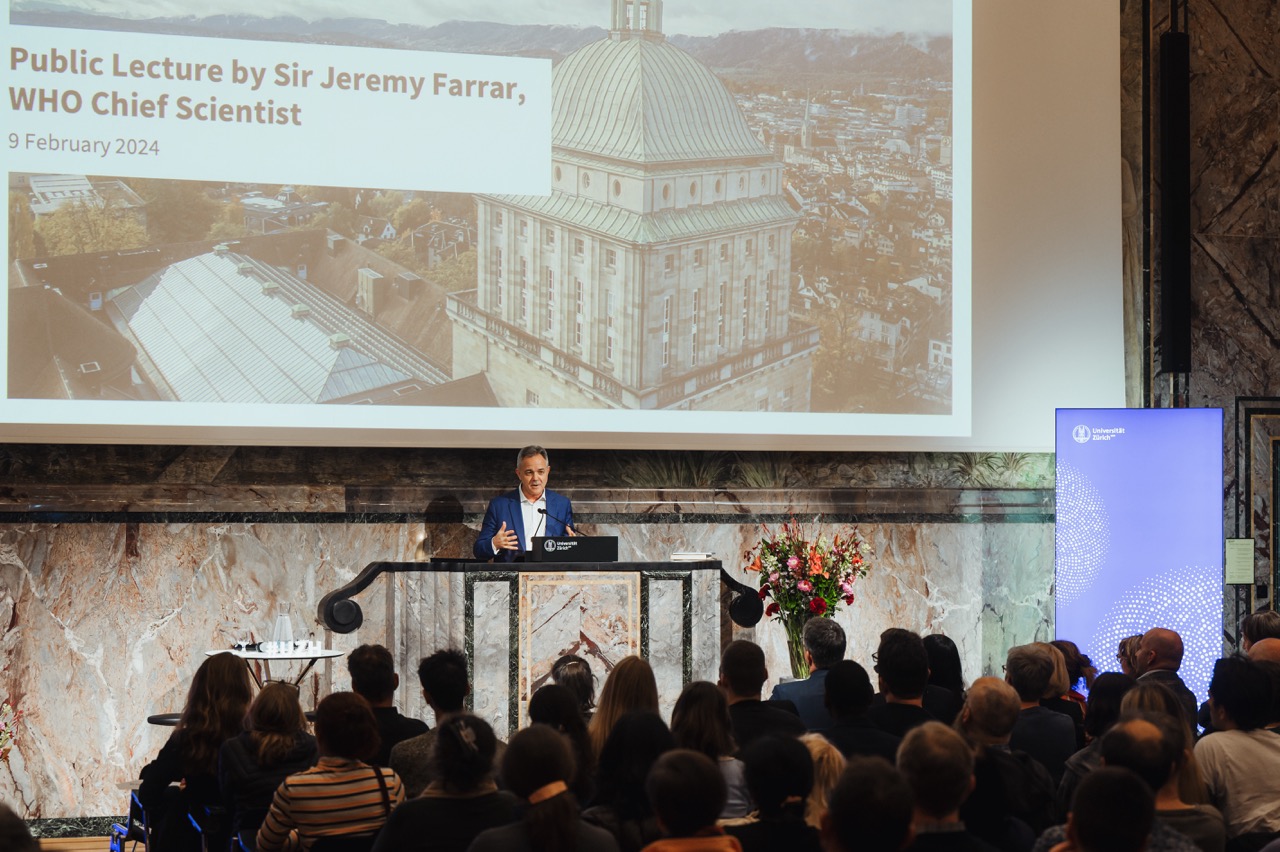.jpeg)
At the same time, Farrar pointed out, AI offers many opportunities. One of those might be assisting the WHO in developing its global guidelines on health-related issues. These guidelines need to be more tailored to local contexts in individual countries; artificial intelligence could help those responsible make greater use of local data.
In general, science is making great progress, said Farrar, referring for example to the newly available malaria vaccine. But it is important to balance the risks and chances of technological and scientific progress – dangers must be minimized and advantages should benefit as many people as possible.
One thing’s for sure: “We can’t turn the clock back.” The only alternative is to embrace change and help define the future. We need to be able to anticipate developments, instead of merely reacting to them. Universities, with their knowledge and expertise, are well placed to do so. Moreover, alongside their academic mission, they also have a civic role to play. Behavioral and social sciences, for example, need to be at the forefront of discussions around the consequences of technological developments for our society.
In the heart of the city
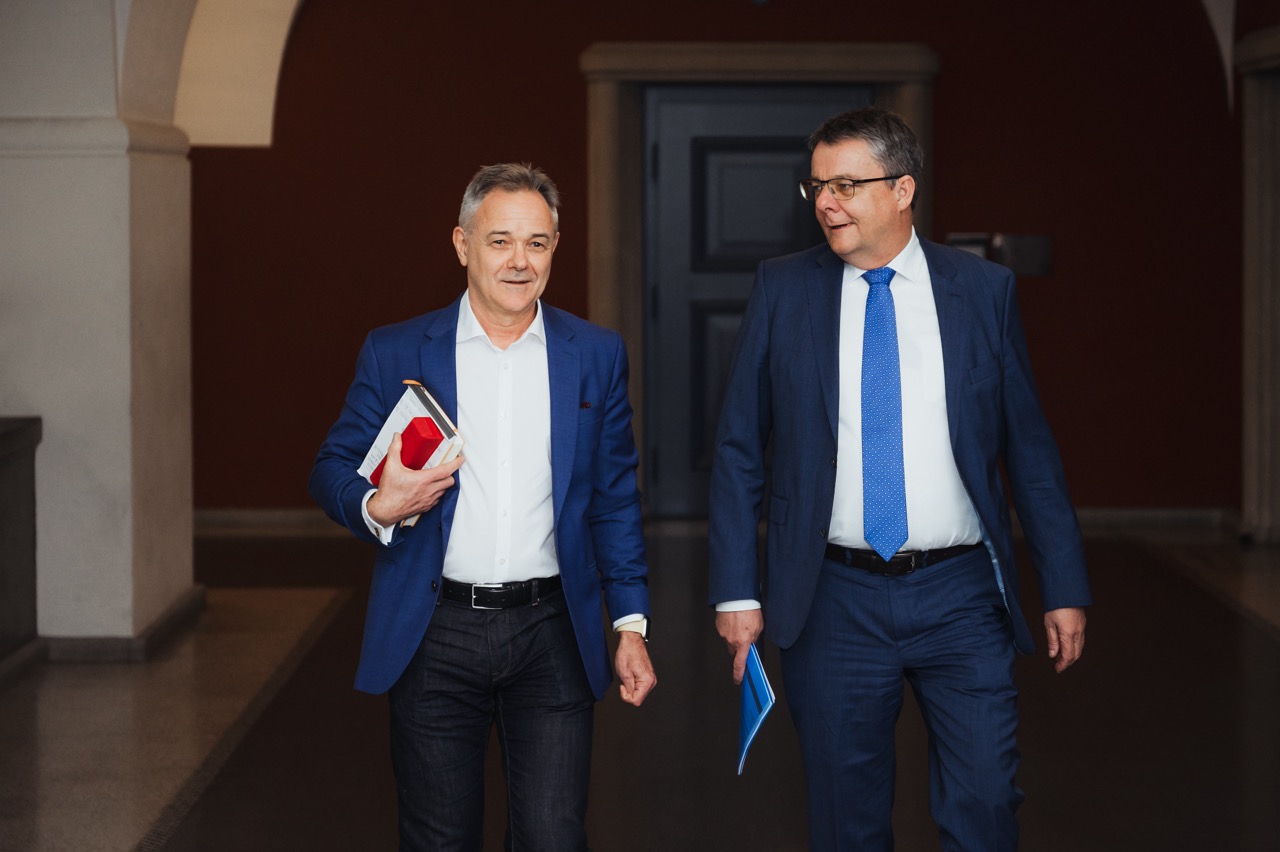.jpeg)
A university like UZH, embedded in the heart of the city, is ideally suited as a place for debate and exchange, said Farrar. This is all the more important in these times of increasing divergence.
As UZH President Michael Schaepman noted in his opening remarks, the University of Zurich has close ties with the World Health Organization. Of the 800-plus research institutions worldwide with which the WHO works, four are located at UZH (see box). Sir Jeremy Farrar would like to build further on these cooperation arrangements and involve universities even more in the WHO’s work.
Disciplinary divides
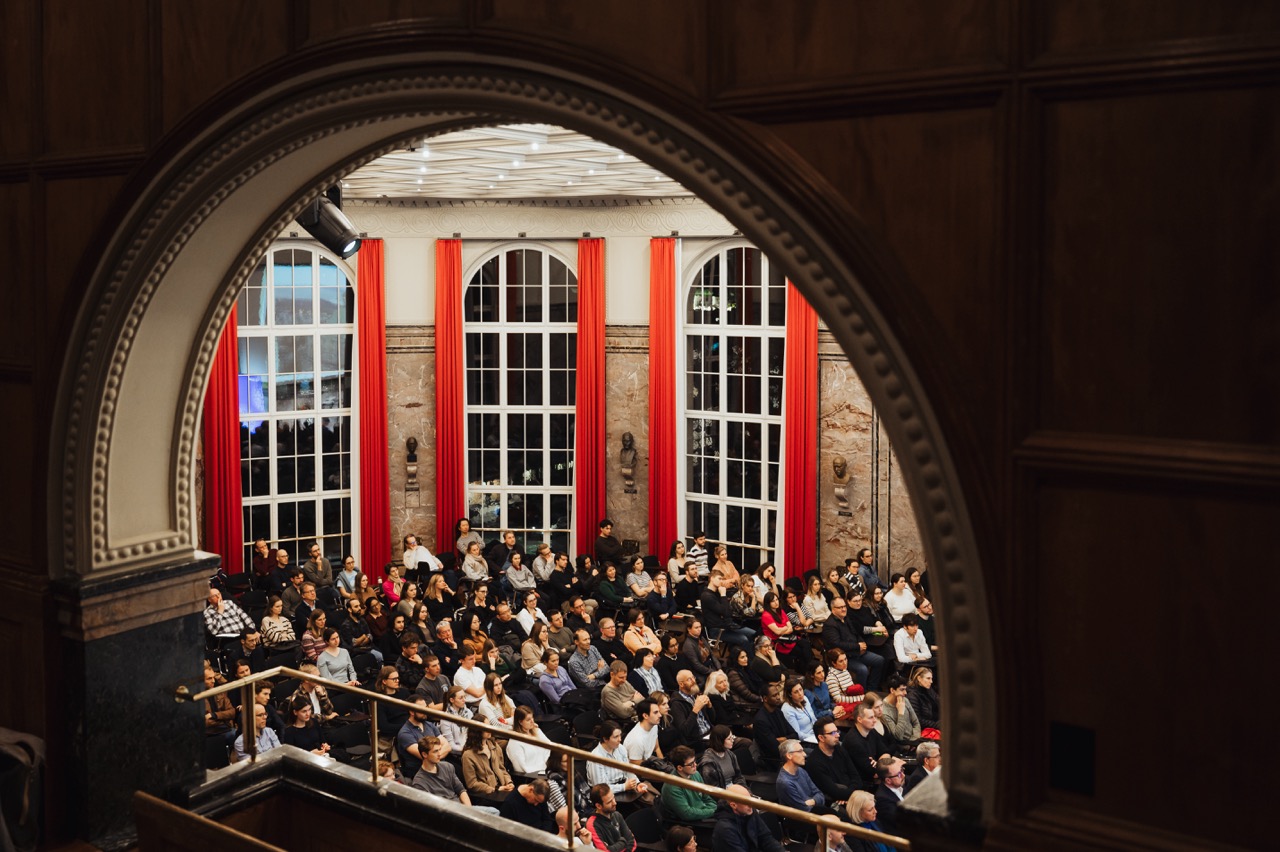.jpeg)
Farrar went on to call for scientists to become more involved in diplomacy and politics, and for universities to rethink their current organizational structures. Higher education institutions are too often still structured along faculty lines, divided into distinct disciplines. “Multidisciplinarity and interdisciplinarity are what everybody talks about, but I’m not sure we’ve quite worked out how to do it,” said Farrar. Young people are set too early on a particular academic path, forced to choose between the natural sciences or the humanities, making it difficult for them to later cross the bridge.
“I don’t have a magic solution,” said Farrar in response to the question as to how organizations could deal with the increased uncertainty facing the world. One important element, he suggested, is that science and international organizations, including universities, need to be transparent about what they know and what they don’t know. “We are going to have to get used to that level of uncertainty,” said Farrar. But, he clarified, there are some indisputable scientific truths such as gravity, or human-made climate change. By saying there is uncertainty in everything we end up with chaos.
Farrar said he is a huge optimist, despite all the challenges in store for humanity. Part of the solution must be: more engagement and more involvement. There has been encouraging progress in this regard in recent years – for example, it has become a lot more common to involve patients in designing clinical studies.
This optimism is ultimately what led Sir Jeremy Farrar to the World Health Organization, an institution he believes can bring people closer together. Farrar closed his talk with a quote from Shakespeare reiterating the importance of taking action and making the right choices:
“There is a tide in the affairs of men
Which, taken at the flood, leads on to fortune;
Omitted, all the voyage of their life
Is bound in shallows and in miseries.
On such a full sea are we now afloat;
And we must take the current when it serves,
Or lose our ventures.”
Adrian Ritter
